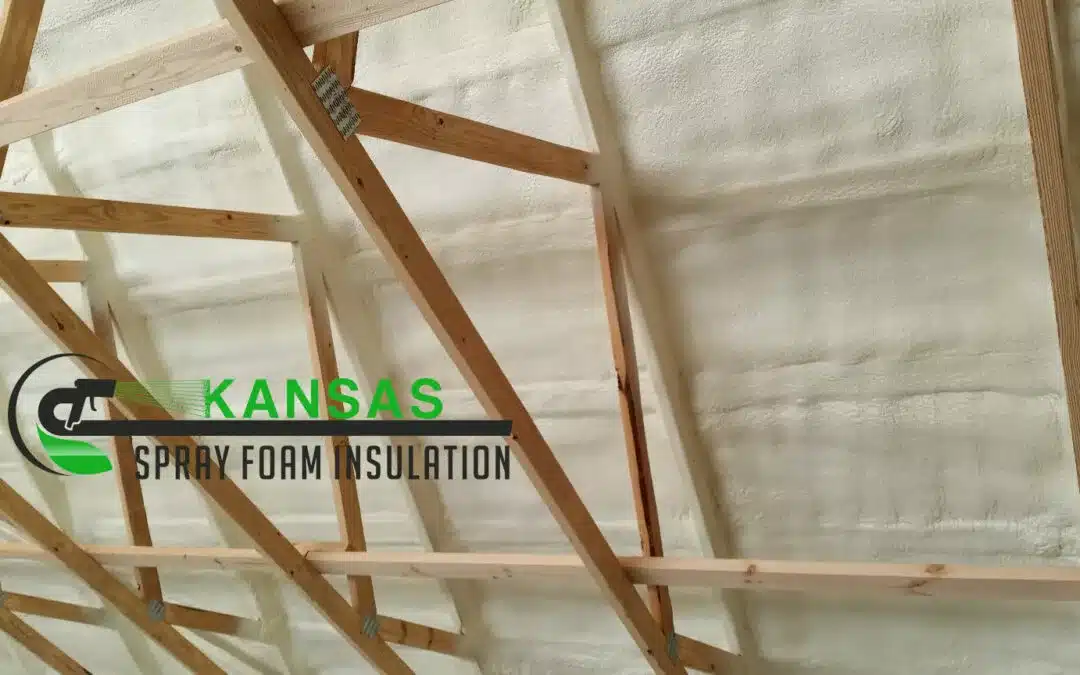I’m seeing it too much lately. Yesterday I receive a call from a lady looking for a bid to “foam her barn,” and I ask her the usual questions. Does it have a vapor barrier? No. Will it be exposed? Yes. Foam directly applied to the metal? Yes. I then give her a recommendation for 2” closed cell spray foam insulation. She gets the price and says “Wow! That’s a lot more than my other bids!”
In my head I’m thinking: “No way, I know this market and people can’t be beating me by much,” so I ask her what it’s for. She tells me they are spraying 3-4 inches of open-cell, directly to the metal, in a horse barn. She says both of the other companies she has contacted has recommended that option.
So I tell her: “Look, there is going to be a lot of condensation coming at you, not just because of the moisture from your horses but because of the change in temperature. If you don’t have a vapor barrier, you should not do open cell spray foam insulation on metal, especially since you are planning on leaving it exposed. That moisture will still end up collecting on the metal and may wreak havoc on your insulating material. I’m surprised any experienced professional (let alone 2) recommended that solution.”
The worst part? Both companies inflated the cost to do 3-4 inches of open cell spray foam just so their bid was 5-600 dollars less than mine. I understand sometimes you gotta hustle but make sure you recommend the right foam to your customers. If she gets the open cell it’ll be left exposed to the sun and condensation and all I can say is I hope it works out, we’ll be here if she needs to get it replaced and done properly.
/endrant.

